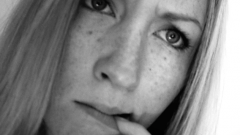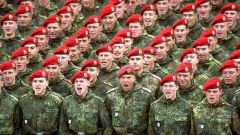Instruction
1
Questions are of two types – closed and open. Open questions are used in oral speech and in written questionnaires and surveys. An example of such a question: "What are your Hobbies?". For open questions to answer in any form.
2
A closed question involves selecting one or more answers from the offered. In oral speech is almost never used, but they often have to face when filling out official papers. Example: "What are your Hobbies? – a) music; b) active recreation; C) film and animation; d) literature. Can also be mixed type of question when you offer ready-made answers and in addition have the opportunity to complement their their choice.
3
When answering the question try to understand what he wants to hear from you the source. So pay attention to the interrogative pronoun, which often begin with questions. If you ask where you spent the evening, it would be logical to answer on the spot, and not arguments about who made you and so on.
4
Answering a question should not get ahead of ourselves and talk about what you have not yet had time to ask. This error often allow the students in the exam, starting to talk about additional events and facts. Such information enables the caller to start a conversation in the wrong direction that you may not be ready. However, this feature can be used deliberately. In that case, when you are competent in the subject, feel free to send her their answers in a convenient way.
5
For every incorrect question you have the right or to laugh it off, or just say the person that do not intend to answer it. However, employees of public professions (politicians, actors, journalists and so on) anyway will be forced to answer (or to create the illusion of answers) to such questions. Most importantly, be able to distinguish the boundary between professional and personal spheres of life.
Useful advice
If you asked the question on the protection of scientific work or the conference, thank the opponent for the question before beginning to answer.




